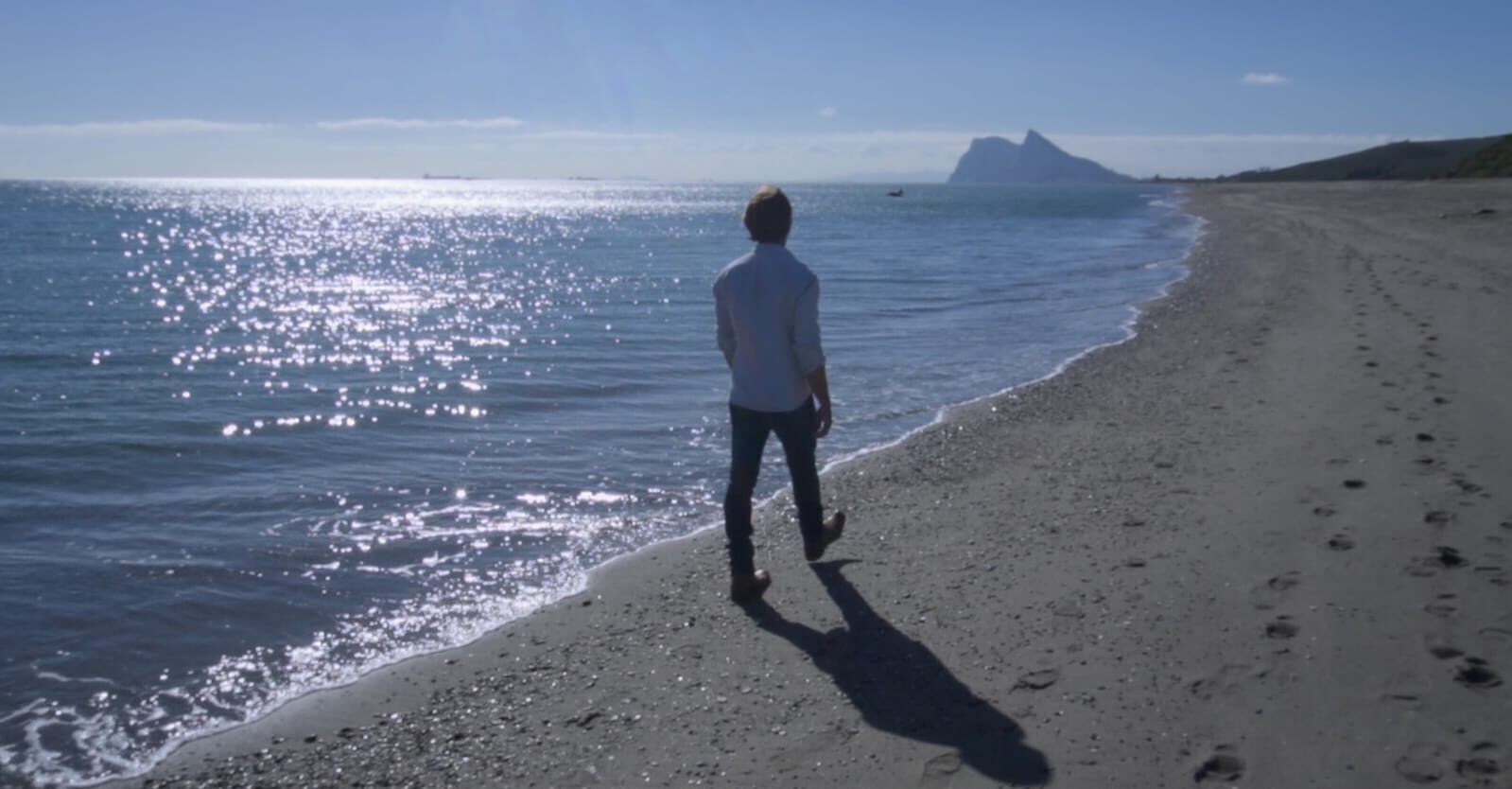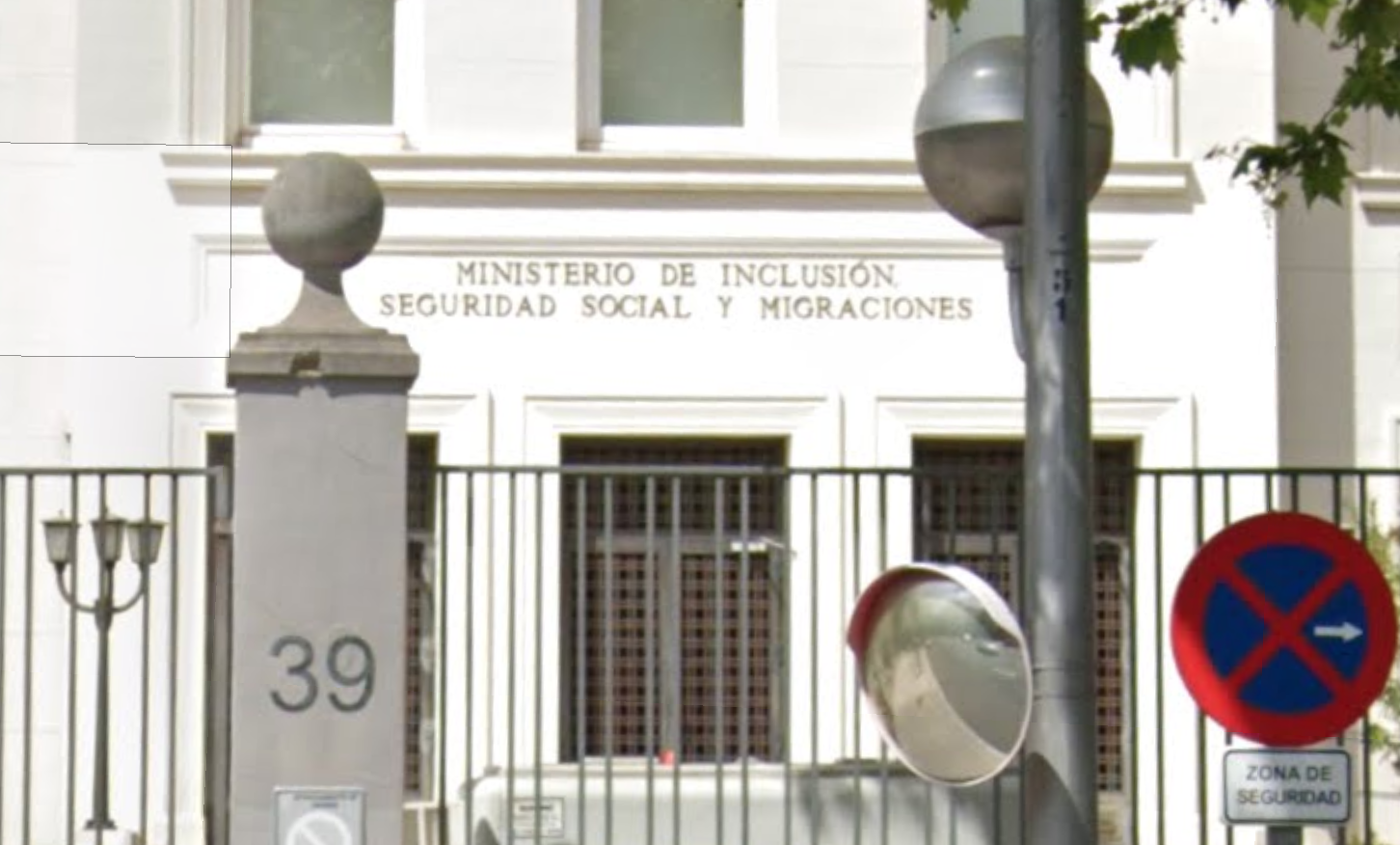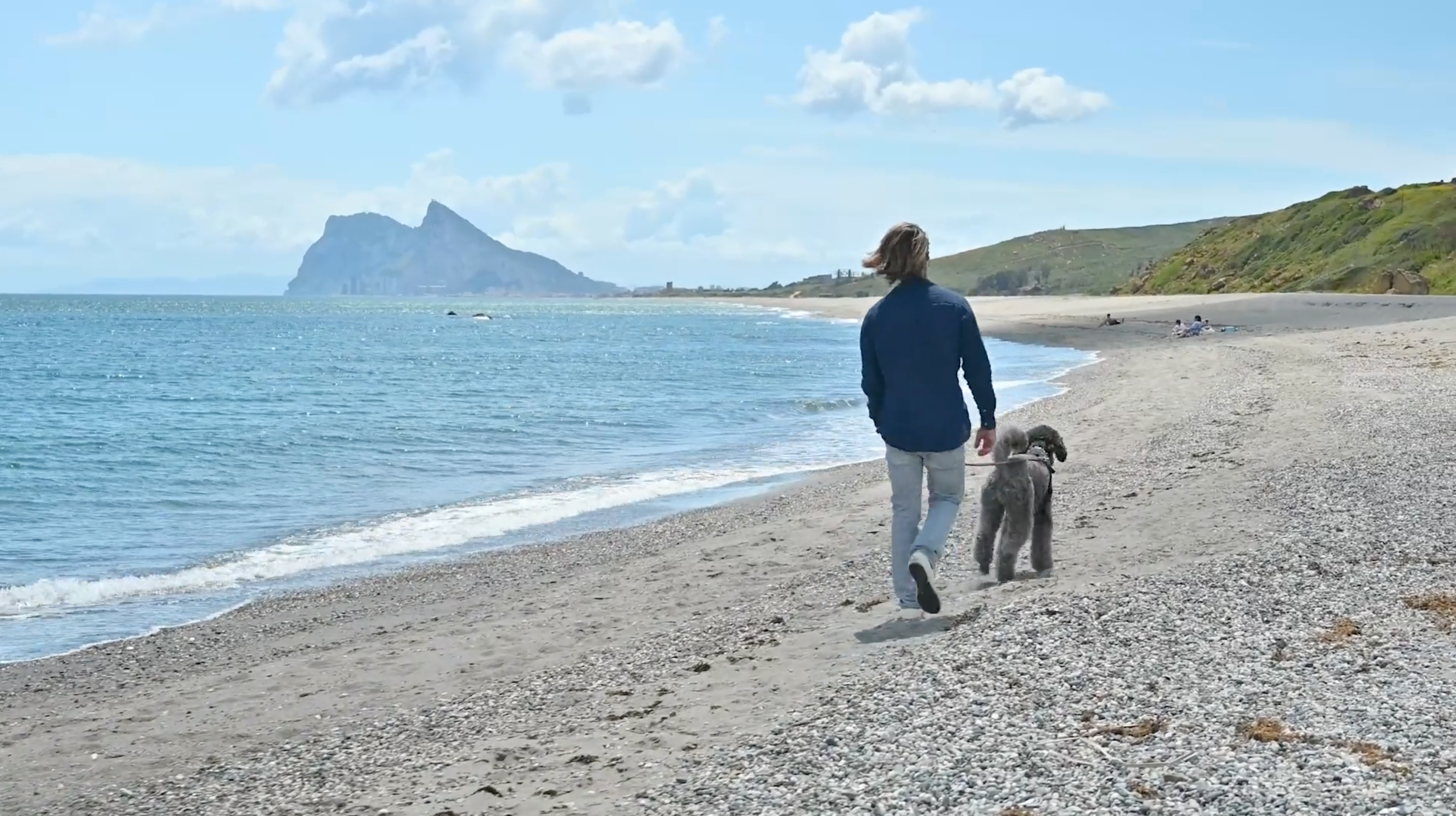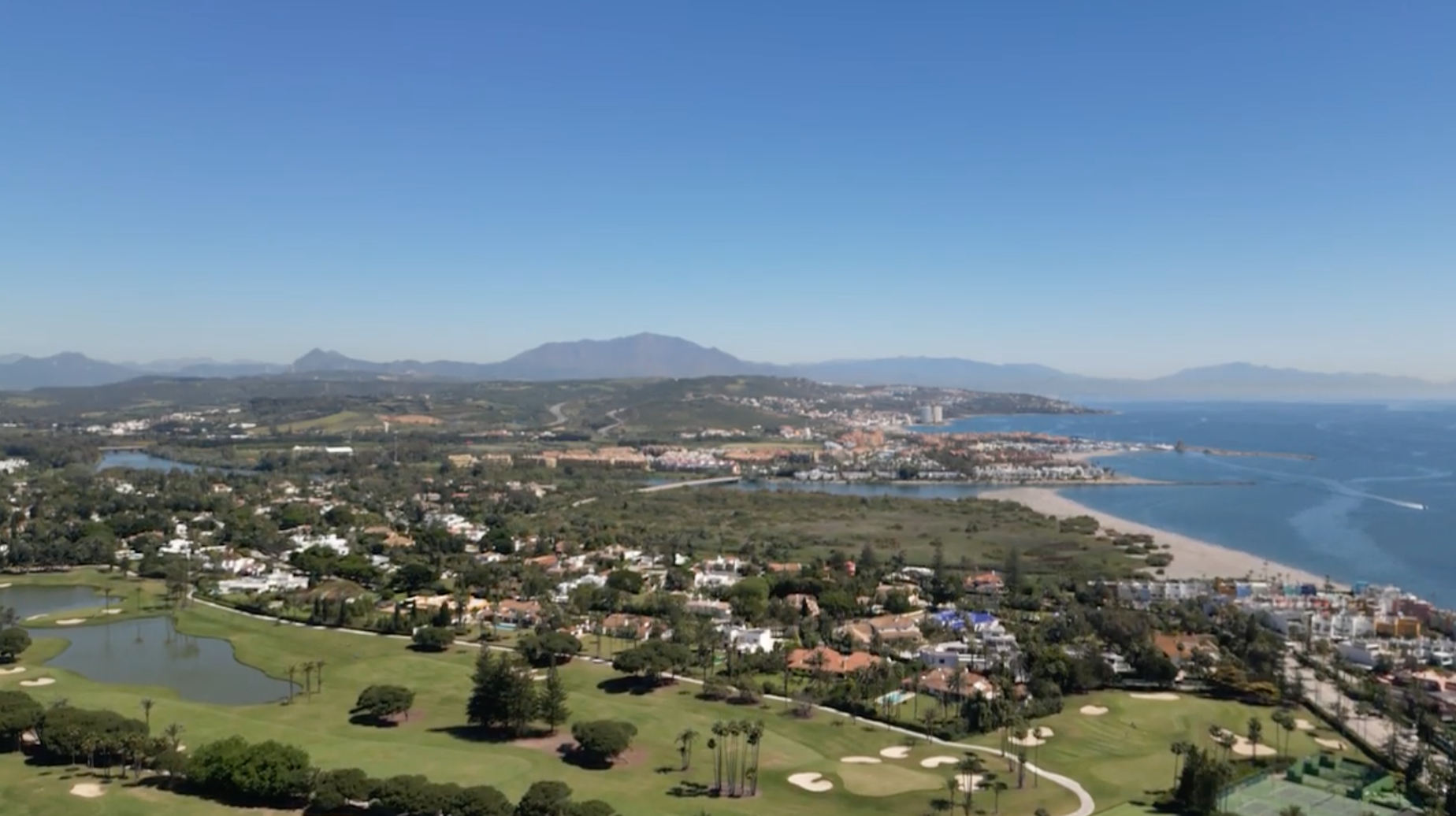A Tourist Ban in Spain?
Spain remains one of the world’s top travel destinations. As the second most visited country in the world in 2024, just behind France and ahead of the United States, Spain welcomes a staggering 94 million visitors each year in a country of under 50 million. This marks a 10% increase over 2023 and exceeds pre-Covid levels. However, recent discussions about new regulations on the short-term rental market have led to some confusion. Contrary to some recent reports, Spain is not banning tourists, but some cities are implementing measures to address housing concerns and manage tourism in a sustainable way.
What’s Changing and Why?
Tourism is a major part of Spain’s economy, 12.3% of its GDP, and the country continues to welcome visitors. However, in some of the most popular cities, local governments are adjusting policies to balance tourism with residents’ needs. These measures include:
- Regulating short-term rentals to ensure housing remains available for local residents.
- Capping or halting new tourist rental licenses in high-demand cities such as Barcelona, Málaga, Valencia, and Palma de Mallorca.
- Barcelona: No new tourist rental licenses are being issued, and some existing licenses are being phased out in specific districts.
- Málaga: The city has capped new short-term rental permits and is restricting them in certain central neighborhoods.
- Valencia: Zoning laws have been introduced to prevent new tourist rentals in residential areas.
- Palma de Mallorca: Short-term rentals in apartment buildings have been banned, while detached homes in designated areas are still allowed.
- Implementing visitor management strategies in heavily visited areas to ease congestion and reduce strain on infrastructure.
- Encouraging travel beyond the most crowded tourist centers, highlighting Spain’s many less-explored regions.
How This Affects Travelers
Really not at all. As in many locations in the U.S. with similar concerns, some cities are no longer issuing new short-term rental permits, so there will be no new short-term units added to these saturated markets. For tourists in Spain, hotels, licensed vacation rentals, and rural stays remain widely available.
Why These Regulations Are Being Introduced
These measures aim to prevent housing shortages and rental price inflation in areas where short-term rentals have reduced availability for residents. In cities like Barcelona and Málaga, locals have faced rising rents and fewer housing options due to the popularity of tourist rentals. The goal is to create a sustainable tourism model that benefits both visitors and those who live in Spain year-round.
Spain’s Approach to Tourism
Tourism remains a vital part of Spain’s economy, and the country is working to ensure that visitors continue to have a great experience. These regulations are not about restricting travel but about ensuring that tourism remains sustainable and beneficial for both locals and visitors.
Final Thoughts
Spain is not banning tourists, but some cities are adjusting how short-term rentals operate to address housing concerns. If you’re planning a visit, please ensure you have information from informed sources, and be sure to enjoy this magnificent country to its fullest.
More blog posts
Keep in touch
"*" indicates required fields


























